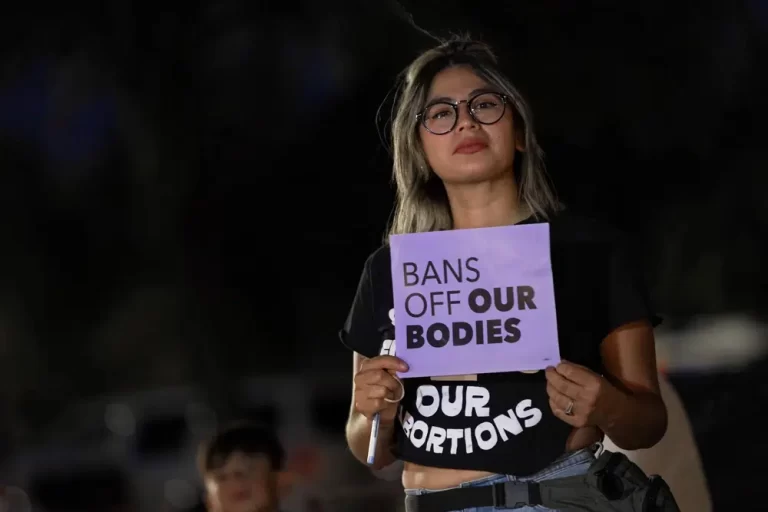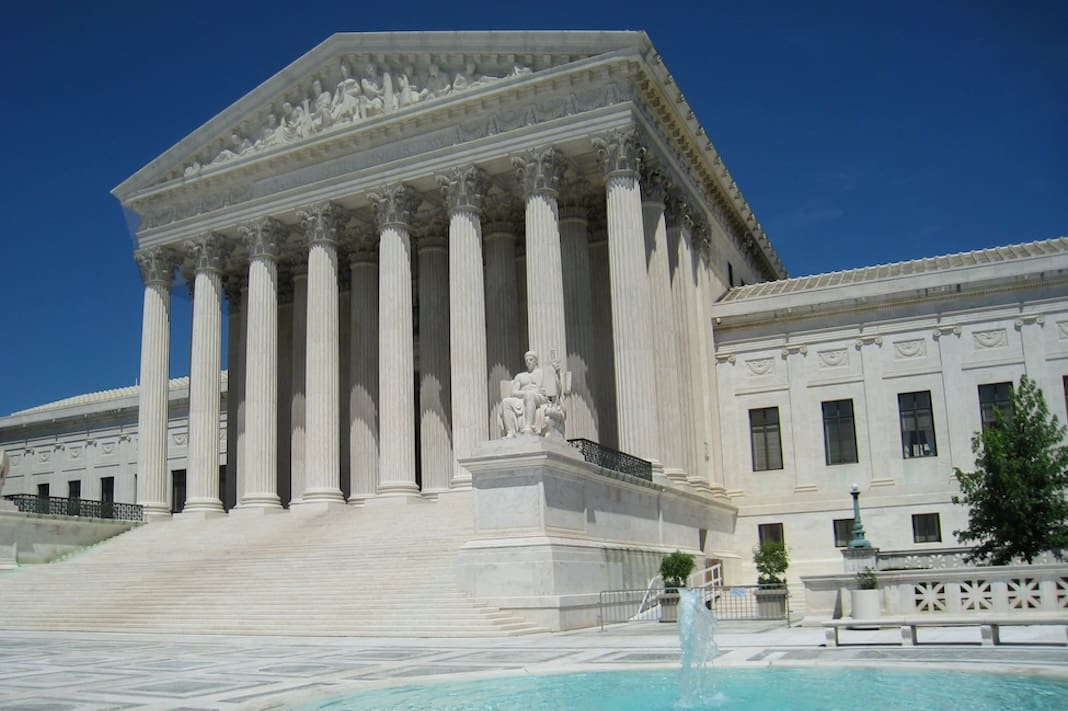Opinion: We must protect a woman’s right to choose her own future.

Erin Goede, University of Wisconsin
In 2026 I will be the first in my family to earn a doctorate degree, which was made possible by having access to abortion services. I was 17 years old when my birth control failed. Seeing the plus symbol sharpen into focus on the pregnancy test was shocking and terrifying. I knew instantly, without a doubt, that I did not want to continue the pregnancy. Not only did I not have the financial, social, or emotional resources to support a child- I knew giving birth would disrupt my dream of pursuing higher education.
Reproductive choices are a matter of education and economic equity. A wealth of research shows that restricting abortion access reduces educational achievements for women, particularly women of color. That is because education tends to be foundational for career prospects, including higher-paid occupations that require advanced degrees. Restricting abortion reduces and delays educational achievement for women which in turn further exacerbates the inequality of the gender wage gap.
My abortion was safe, affordable, and provided me with the opportunity to focus on my education and career goals. I spent my early twenties working full-time for nine dollars an hour at a grocery store while finishing my undergraduate degree, completing graduate school applications, and attending night classes in preparation for taking the Graduate Record Exam (GRE). For low-income students, such as myself, achieving access to higher education is a strenuous endeavor. It’s not that women can’t achieve these milestones while parenting; it’s that they shouldn’t be forced to.
In order to access the same procedure I had, teenagers in Wisconsin today have to go through absurd lengths such as traveling across state lines and facing potential criminalization. These punitive, regressive anti-abortion laws only make higher education attainment harder. On top of balancing the extreme costs of higher education, students attending college in Wisconsin must now contend with devastating disruptions to their aspirations if they encounter an unwanted pregnancy. Future generations deserve to have the same choice I had. Delaying motherhood granted me a wealth of opportunities, including joining the University of Wisconsin-Madison as a doctoral candidate.
We must protect a woman’s right to choose her own future.




